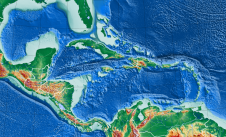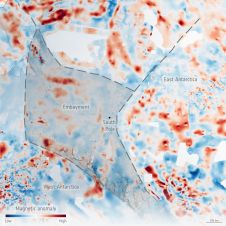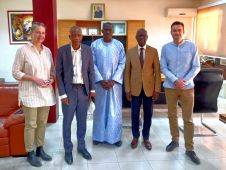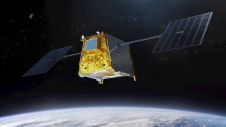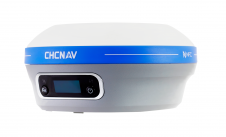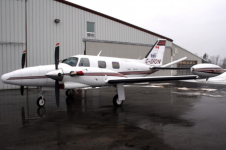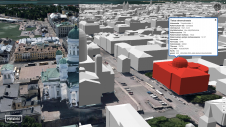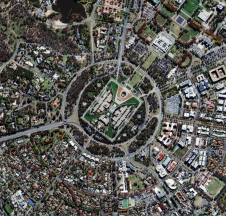50th Space Wing Completes Phase 1 of E24
The 50th Space Wing has completed phase one of a two phase Global Positioning System constellation expansion known as "Expandable 24." When fully complete, this expansion will increase global GPS coverage and provide civil, military and commercial GPS users with more robust satellite availability and a higher probability of signal acquisition in terrain-challenged environments.
The GPS constellation consists of 24 operational slots positioned within six equally-spaced orbital planes surrounding the earth. This plane/slot scheme and enhanced satellite placement ensure GPS users receive the most accurate navigation data at any time, at any place around the world.
可扩展的24 -是美国战略司令部指挥官directed initiative, executed by the wing, specifically the 2nd Space Operations Squadron, to reposition six satellites in the current GPS constellation. Given the strength and number of satellites in the current constellation, Air Force Space Command was in the position to enact this revolutionary strategy to benefit global users. AFSPC acted on this opportunity to increase the robustness of satellite availability by expanding three of the baseline 24 constellation slots.
Phase one of Expandable-24 began 13thJanuary 2010 when 2 SOPS performed manoeuvres to reposition three GPS satellites, one of which took 351 days to manoeuvre. The last of the satellites completed repositioning on 18thJanuary 2011.
Phase two of Expandable-24 began in August 2010 and is expected to be complete in June 2011. During Phase two, three other GPS satellites will be repositioned. When complete, the GPS constellation will attain the most optimal geometry in its 42 year history, maximising GPS coverage for all users.
"Our primary focus is to execute flawless operations to maintain GPS as the world's gold standard for positioning, navigation, and timing," said Lt. Col. Mike Manor, director of operations for 2 SOPS. "By repositioning a handful of our satellites to optimise their locations in space, we've not only improved the accuracy for military users in disadvantaged terrain like Afghanistan, but also improved the accuracy for all GPS users worldwide."
Make your inbox more interesting.Add some geo.
Keep abreast of news, developments and technological advancement in the geomatics industry.
Sign up for free

